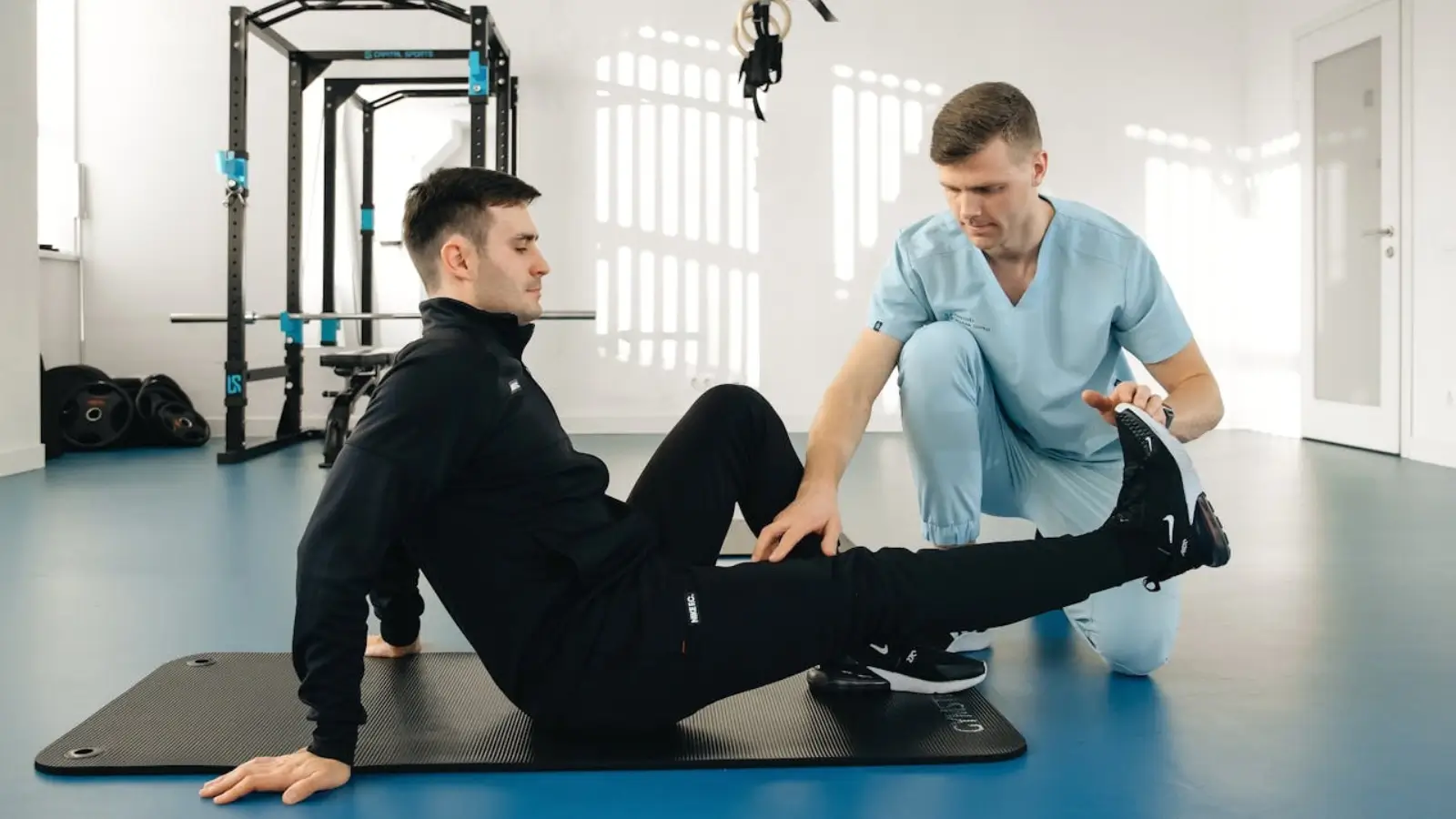


In recent years, the healthcare community has begun to recognize what many patients and practitioners have long observed: the powerful connection between mental health and physical recovery. Healing is no longer viewed as a purely physical process; instead, it’s understood as an intricate balance between body and mind. Whether someone is recovering from an injury, surgery, or chronic illness, mental and emotional well-being play a decisive role in how quickly and effectively they heal.
“The human body operates as a highly interconnected system in which emotional and physical states constantly interact. Stress, anxiety, and depression can trigger physiological responses that directly affect recovery outcomes. When an individual experiences prolonged stress, the body releases hormones like cortisol and adrenaline, which, while helpful in short bursts, can impede healing when consistently elevated. Chronic stress can slow down cell regeneration, impair the immune system, and increase inflammation, all of which delay recovery”. Says Christopher J, CEO & Chairman, U.S. Physical Therapy
“Motivation is a crucial component of physical recovery. Whether it’s completing prescribed exercises, attending therapy sessions, or maintaining healthy habits, a patient’s mindset significantly influences adherence to their recovery plan. Individuals experiencing depression or low mood often struggle to stay engaged, leading to slower progress and frustration. On the other hand, patients who maintain a positive mental outlook are more likely to stay committed to rehabilitation. They perceive challenges as manageable rather than insurmountable, and this psychological resilience translates into tangible physical improvements. The act of believing in recovery creates behavioral consistency, which fuels better outcomes”. Says Dr. Ravin Sodhi, Founder/Owner, Active Physiotherapy Brampton
“Stress and anxiety are among the most significant barriers to physical recovery. When the body is under constant psychological strain, it remains in a heightened state of alertness. This “fight or flight” mode, while useful in dangerous situations, is counterproductive during healing. Elevated stress hormones can suppress immune function, increase inflammation, and even interfere with sleep, all critical factors in recovery. Anxiety also alters breathing patterns, muscle tension, and blood pressure. These physiological responses can exacerbate pain, slow circulation, and restrict movement, making rehabilitation exercises more challenging. Patients recovering from surgery or injury often report that when anxiety is high, pain feels more intense and progress seems slower”. Says Sharon Vitti, CEO, ATI Physical Therapy
“Pain is not just a physical sensation; it’s also a psychological experience shaped by emotions, attention, and previous experiences. The brain interprets pain signals based on a range of contextual factors. For example, someone who feels anxious or depressed may perceive pain as more severe, while a calm and positive individual may find it more tolerable. This understanding has shifted how clinicians approach pain management. Instead of focusing solely on physical symptoms, they now address the emotional and cognitive components of pain. Techniques like relaxation training, guided imagery, and mindfulness have become integral to pain therapy. These methods don’t eliminate pain but help patients reinterpret it, reducing distress and improving overall tolerance”. Says Pauline Martin, CEO, Neuromotion Rehabilitation
“Recovering from a significant injury, surgery, or illness can be an emotionally demanding experience. Feelings of frustration, helplessness, or isolation are common, especially when recovery timelines extend longer than expected. Emotional support, therefore, becomes a critical factor in maintaining morale and mental stability. Support can come from many sources, family, friends, therapists, or peer groups. Having people who listen, encourage, and empathize with one’s experience helps reduce stress and reinforces the belief that recovery is possible. Emotional validation fosters resilience, enabling patients to push through setbacks and maintain consistency in their treatment”. Says Brent Mack, CEO, Golden Bear Therapy Partners
“The modern rehabilitation model increasingly recognizes that recovery requires treating the whole person, not just the injury or condition. Integrating mental health into physiotherapy and rehabilitation programs has become a best practice across the healthcare sector. This integration includes screening patients for mental health challenges, offering access to counseling, and incorporating mindfulness and stress-reduction strategies into treatment plans. Therapists are also being trained to identify emotional distress during sessions and provide compassionate support. Simple check-ins, positive reinforcement, and motivational communication can make a significant difference in how patients feel about their progress. Additionally, incorporating techniques like deep breathing, visualization, or guided relaxation during physical exercises can help patients stay focused and calm”. Says Paul Ettlinger, CEO, Health Quest Chiropractic & Physical Therapy
“Long-term recovery depends on sustaining both physical and mental wellness beyond the immediate treatment phase. Once the initial healing is complete, maintaining emotional balance continues to influence physical health outcomes. Stress management, consistent exercise, and a positive mindset remain vital for preventing relapses and maintaining strength. Developing a sustainable mind-body recovery approach involves creating habits that reinforce well-being. Mindfulness practices, journaling, light exercise, and social interaction all contribute to maintaining emotional health. At the same time, ongoing physiotherapy or self-guided movement routines keep the body active and strong”. Says Dr. Moez Rajwani, President & Co-Founder, Rehab2Go
The relationship between mental health and physical recovery is not abstract; it’s an essential part of modern healthcare. The mind and body operate as one system, influencing each other in every phase of healing. When mental health is neglected, even the most advanced physical treatments can fall short. But when emotional well-being is prioritized, the body responds with resilience, energy, and balance.